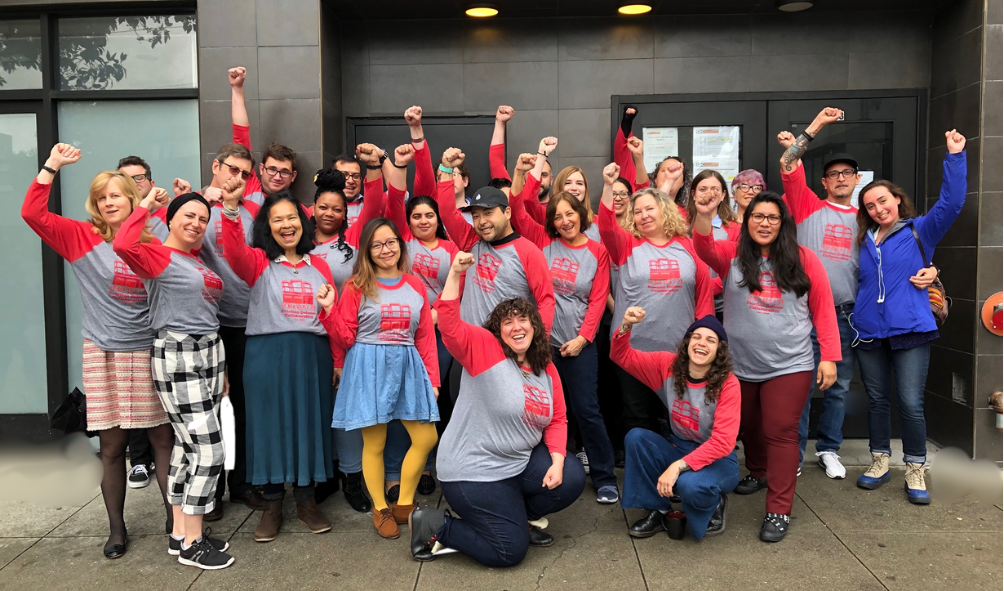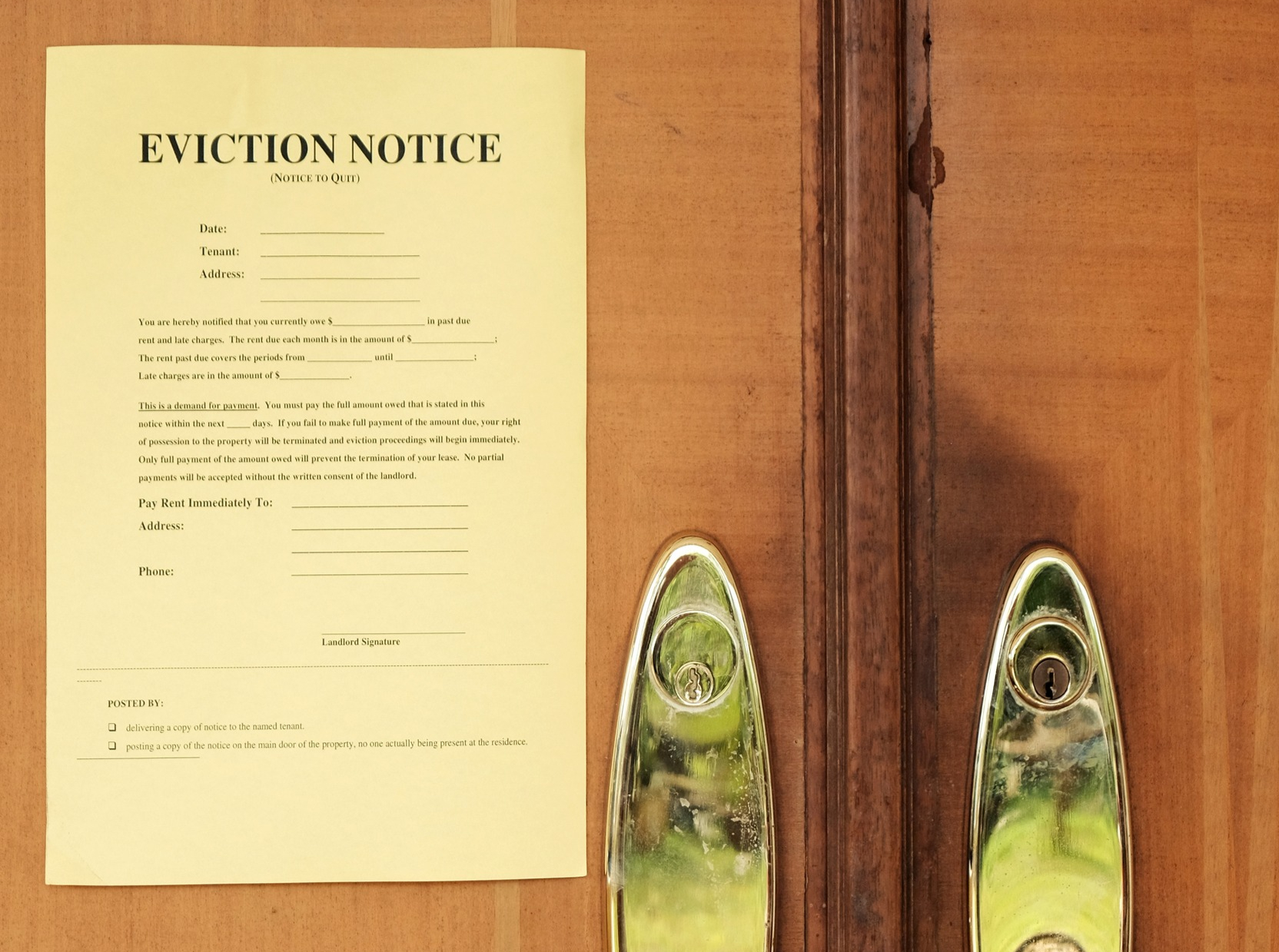Struggling to find a rental assistance program in SF? You’re not alone—and you’re not out of options. Rental assistance programs are meant to offer urgent relief, but accessing them isn’t always straightforward. From long waits and confusing paperwork to feelings of stress or fear, it’s easy to feel stuck before you even begin.
In a previous article, we discussed the steps to apply for a rental assistance program in San Francisco. This guide goes deeper into helping you understand the system, manage the emotional toll, and push through barriers that may come along the way. Whether you’ve been denied, overwhelmed, or afraid to ask for help, this is for you.
Rental Assistance Is More Than Just Money—It’s a Lifeline
In a city like San Francisco, where rent can eat up half your paycheck (or more), even a short-term crisis can spiral into eviction. For many tenants, a rental assistance program is the only buffer between housing and homelessness.
But still, asking for help can feel challenging. Maybe you’re thinking:
- “Other people have it worse.”
- “What if they say I don’t qualify?”
- “I’m embarrassed to admit I’m behind.”
You’re not the only one with these thoughts. Yet, housing is a fundamental human right, and these programs aim to assist anyone dealing with rental or legal challenges concerning housing.
Why It Takes Time to Seek Assistance (And How the System Evolved to This Point)
If you’ve ever tried to apply for a rental assistance program and found the process slow, confusing, or frustrating, you’re not imagining it.
Here’s what’s happening behind the scenes:
- Programs are underfunded and receive more applications than they can handle.
- Funding often comes from federal or state sources and then flows to the city and local nonprofits.
- Each program has its own eligibility rules, documentation requirements, and timelines.
- There is one online application, but multiple programs process requests and may have different intake systems.
The system will always prioritize compliance with program guidelines over speed. If one program denies your request, there may still be an opportunity elsewhere.
The Biggest Myths About Emergency Rental Assistance
Misunderstandings stop a lot of people from even trying to apply. Let’s clear some things up:
“You have to be unemployed to qualify.”
Truth: You can be working and still qualify. Many programs help folks who have an unexpected reduction in income or increase in expenses, such as reduced hours at work, medical emergency, car repairs, etc.
“If I’m undocumented, I can’t get help.”
Truth: SF rental programs do not require proof of citizenship or legal status. You have rights as a tenant, no matter your immigration status.
“If I apply for assistance, my landlord will find out and evict me.”
Truth: You are legally protected from landlord retaliation. Landlords usually welcome rental assistance because it helps them recover rent quickly.
“You can only apply once.”
Truth: Some programs, like SF ERAP, allow you to reapply after 12 months if you’re still struggling.
Don’t self-disqualify. Let the program decide if you’re eligible. Your job is to show up and apply.
What Caseworkers and Legal Advocates Want You to Know
If you could sit down with someone who helps tenants every day, here’s what they’d tell you:
“Even if you think you’re too late, we still want you to reach out.”
People get help all the time after receiving eviction notices. It’s not over until a judge says so—and even then, there may be options.
“We understand if you’re overwhelmed. Let us guide you.”
You don’t have to have everything figured out before asking for help. Caseworkers are trained to support people in crisis.
“Don’t wait for the ‘perfect moment’—just start.”
It’s okay to apply with some missing documents or questions. You can always follow up with more info.
“You have rights even if you’re behind on rent.”
Being behind doesn’t mean you’re powerless. San Francisco has strong tenant protections, and legal help is available.
The Emotional Side of Eviction: What No One Talks About
When people think of eviction, they often picture paperwork, courtrooms, and rent debt. But behind every eviction notice is fear, guilt, and uncertainty.
You might be:
- Losing sleep worrying about your kids
- Afraid to open the mail or answer the door
- Wondering how you’ll ever catch up
- Feeling like you failed—even when the system failed you
You’re not the only one who feels this way. Falling behind on rent doesn’t define your character; it reflects the high cost of living, stagnant wages, and unexpected challenges life presents.
Where to Start If You’re Ready
If you’ve made it this far and you’re ready to take that first (or next) step, here’s exactly where to begin:
Eviction Defense Collaborative (EDC)
-
- 976 Mission St., San Francisco, CA 94103
- Drop-In Hours: Mon, Tue, Wed, Fri — 10:00–11:30 AM & 1:00–2:30 PM
- Legal Help: (415) 659-9184 – legal@evictiondefense.org
- Rental Assistance: edcradco@evictiondefense.org
San Francisco ERAP (Emergency Rental Assistance Program)
- (415) 653-5744
- help@sferap.org
How to Navigate the System When You’re Overwhelmed
Completing applications, locating documents, making phone calls, and following up—it’s overwhelming, particularly when you’re under stress.
Here are a few small steps that can make a big difference:
Break it down.
You don’t have to do everything in one day. Just start with one thing:
- Contact EDC RADCo to get started.
- Fill out the application.
- Find your lease or ID.
Ask for help.
You don’t have to do it alone. Ask a friend to help you fill out a form, go to a drop-in center with you, or sit beside you while you call.
Use drop-in hours or hotlines.
Sometimes, talking to a human is easier than fighting a form. Our rental assistance program welcomes walk-ins—no appointment is needed. You can also send an email request to EDCRADCo@evictiondefense.org. To connect with our team specifically about rent subsidies, email subsidy@evictiondefense.org.
Collect Documentation (digital or physical).
Save every document and email. Write down who you spoke to and when. This will save you time later if you need to follow up or appeal.
Tip: If you’re neurodivergent, have health conditions or impairments, or are dealing with trauma, tell the staff. Many programs are open to supporting your needs—they just need to know.
Additional Supportive Resources
Not every program has funds available. That doesn’t mean you’re out of options. Here are some other resources that could help:
Security deposits or move-in help:
- Catholic Charities SF – (415) 972-1200
Utility bills:
- LIHEAP Energy Assistance through SFPES – (415) 416-6660 Ext. 402
- SFPUC Low-Income Discount – (415) 551-3000
Families with children:
- Hamilton Families – (415) 321-2612
- Homeless Prenatal Program – (415) 546-6756
- Compass Family Services – (415) 644-0504
Undocumented tenants:
- La Raza Centro Legal – (415) 575-3500
- San Francisco Tenants Union – (415) 282-6622
Tenant Counseling Services
If you’re looking for mental health support or counseling, explore these options:
- National Alliance on Mental Illness (NAMI): Mental health assistance for individuals experiencing eviction or housing instability.
- Helpline: (800) 950-6264
- San Francisco Crisis Counseling Hotlines: Counseling and emotional support for distressed tenants.
Along with emotional support, valuable tenant counseling services offer advice and guidance through difficult housing situations. These organizations can assist you:
- Housing Rights Committee of San Francisco (HRCSF): Offers free legal counseling and tenant education.
- Phone: (415) 703-8634
- San Francisco Tenants Union (SFTU): Offers tenants information about their rights and support for disputes.
- Phone: (415) 282-6622
You Deserve to Stay Housed
The system may not be perfect. It may be frustrating, flawed, and slow, but you are not powerless. There are people in this city—caseworkers, advocates, neighbors—who care whether you get to keep your home. A rental assistance program can help, even if you’ve been denied or turned away.
So, take one step. Make one call. Send one email. You don’t have to do it all today, but you deserve support.
Still not sure where to start? Visit our office or give us a call. You don’t have to go through this alone.




